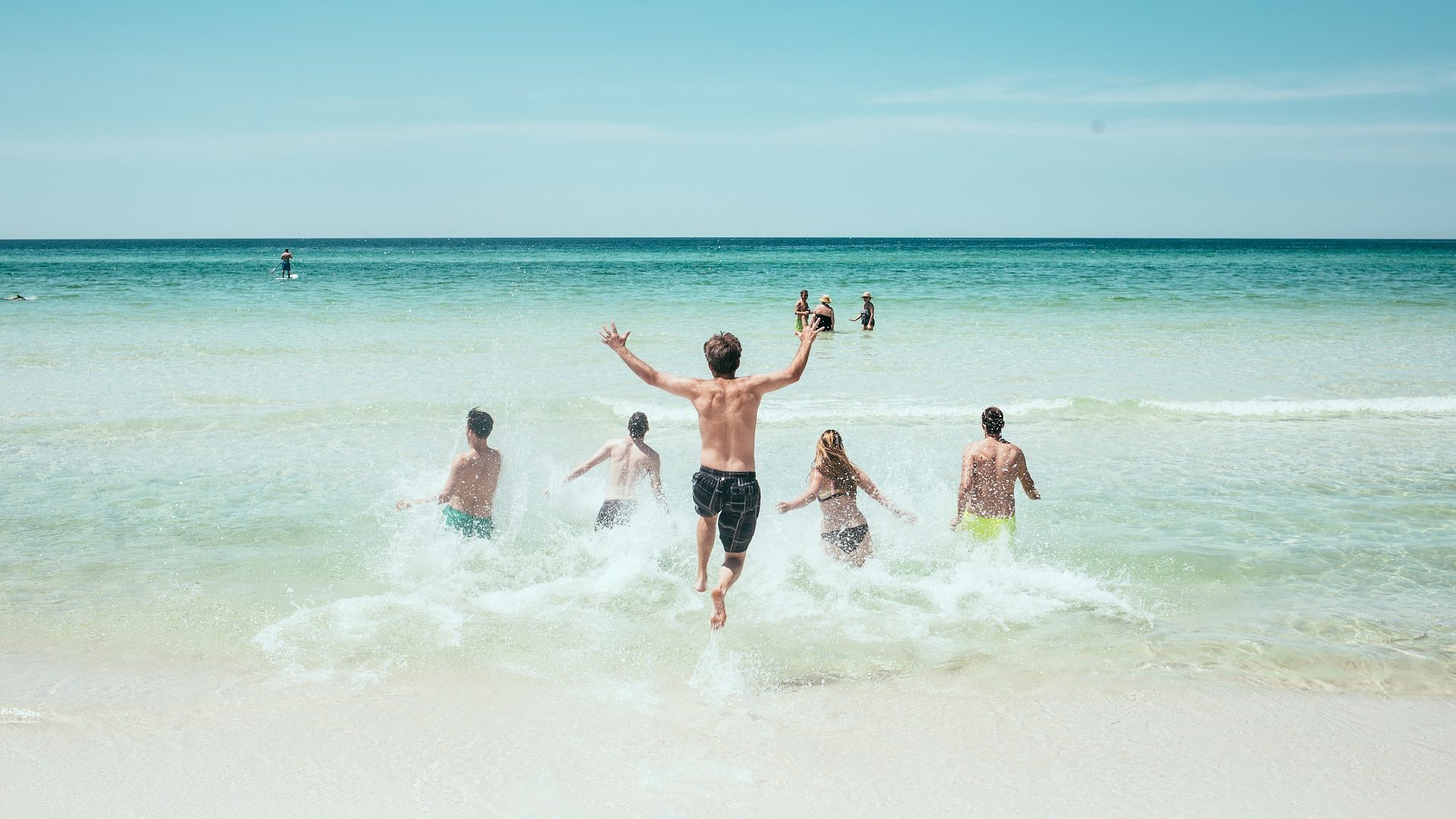Year 11 Students’ Free Time

Traditionally, Year 11 and Year 13 students have enjoyed a much-deserved long summer holiday after the hard work of exams and assessments. For numerous British teenagers it’s a rite of passage that bridges the gap between formal and higher or further education.
However, in early June, the head of Ofsted announced that schools should continue teaching Year 11 and Year 13 until the end of the school year. This ‘extra time’ it is argued should be spent teaching pupils what they’ve missed due to lockdown. But while school closures have inevitably meant gaps in teaching, now, more than ever students deserve their summer of freedom.
Why students deserve their rite of passage
The urge to keep students in schools to continue their learning might come from a place of care and concern, but it puts pupils and schools in a tough position. This year’s grades will be determined by teacher assessment grades (TAGs) which places a huge burden of administration on teachers. Not only that, schools haven’t been given any national assessment model to follow and have been subjected to exam board indecision. Even if schools were to stay open to GCSE students, it’s unlikely teachers would have any time to actually teach.
It’s also important to put the effects of the pandemic into perspective. Young people throughout the country have endured a unique event that has taken away more than just their education. It’s taken away many of their freedoms too. With that in mind, and with the easing of restrictions, surely students have earned their 100 days of summer.
How doing nothing can spark joy and inspiration.
Another hugely important point, is that ‘doing nothing’ actually can lead to achieving a lot. This belief comes from the psychological state known as ‘flow’ . It’s essentially the feeling you get when you lose track of time because you’re so absorbed in one particular activity. For flow to be achieved, the activity has to be one you’ve chosen (which can sometimes only happen when you have nothing else to do or worry about – like school).
Various studies show that reaching a state of flow can in turn, increase concentration, self-esteem and performance. Teenagers with ‘high-flow’ are also more likely to experience success at school and enjoy long-term happiness in their social relationships and even careers.
It’s also generally true that less is more when it comes to overall productivity. For example, some of the most productive countries in Europe, actually work less than the EU average . This includes Ireland, Norway, Belgium and Switzerland where working hours are below the European average of 36.2 per week.
In contrast, countries such as Poland, Hungary, and Romania work the most hours (39.7, 39.5, 40.5 hours respectively) yet have some of the lowest productivity levels on the continent. The lesson we can take from this, is that cramming more work in, won’t necessarily equate to effective learning.
As well as the practical reasons for doing nothing, the traditional long summer typically stands out for exactly that reason. It’s a time of completely unstructured free time between academic years which teenagers can spend as they see fit. Whether that’s getting a job, playing video games, sleeping or reading books of their choice, it should be a period of uninterrupted joy before the seriousness of A-levels.
So, whether you’ve officially or unofficially left school for the summer, enjoy what you do, ready to come back refreshed and revitalised in the autumn.
For students who want to get ahead or to prepare for Year 11, our successful summer school programme starts on 16 August; bookings can be made online. Alternatively, for more information or to discuss any specific needs, call us on 07747 037441 or drop us a note using our contact form.
Last Updated on September 20, 2021
